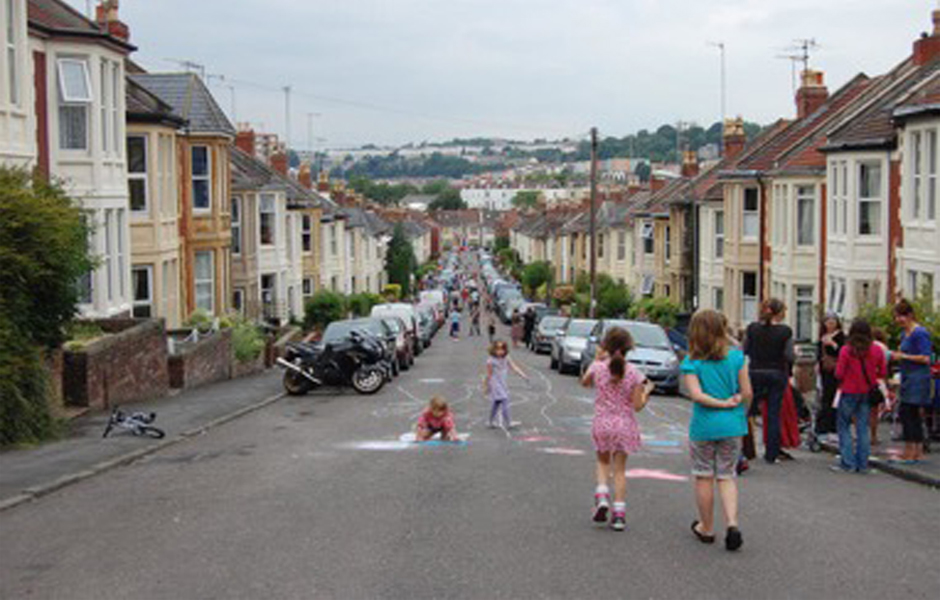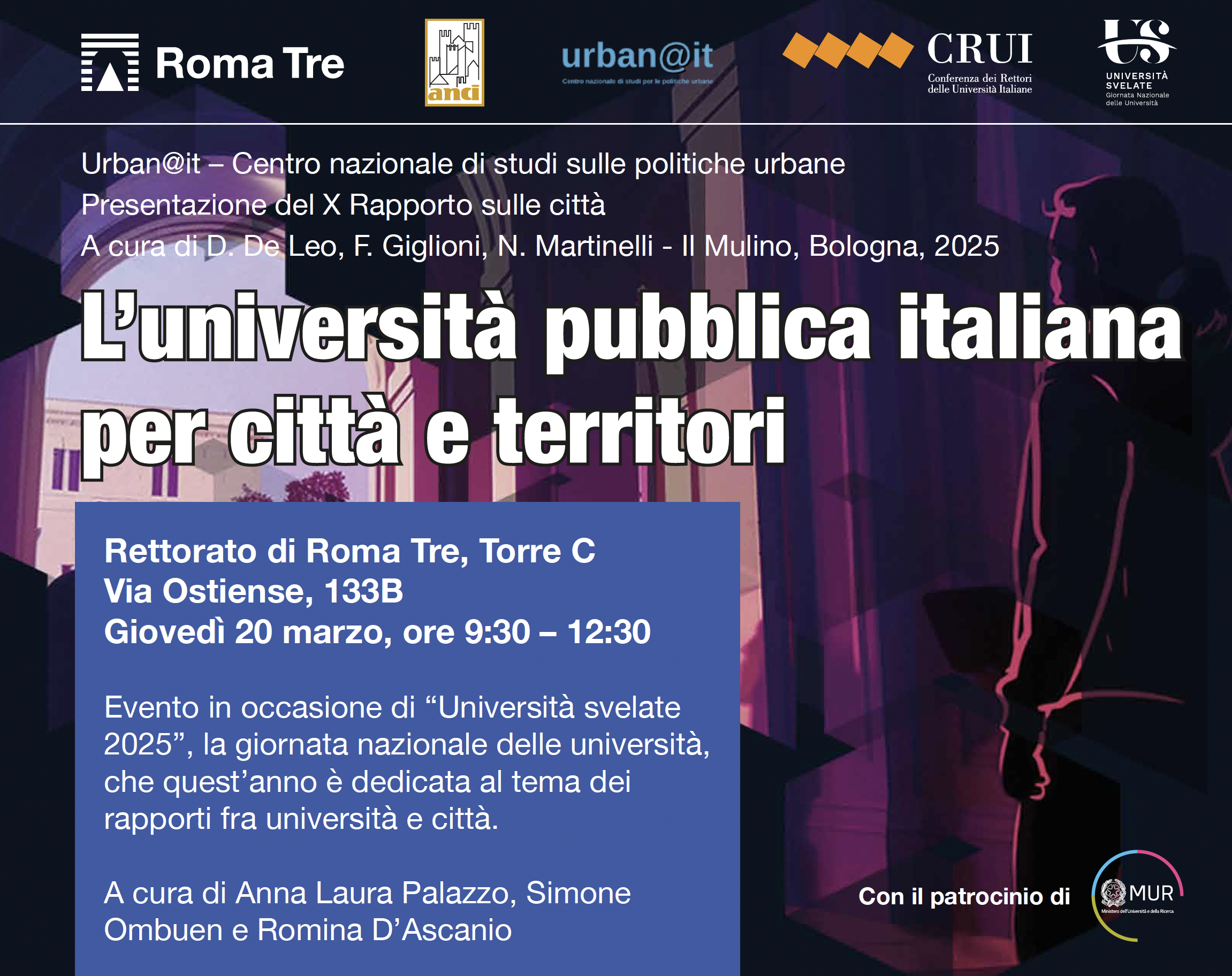Novità in rubriche – Focus
GUIDING OUT
Urbanism and Education
by Martim Guimarães da Costa & Nuno Bigotte Santos
The universal education and teaching system became a major concern in our societies and had some new important approaches, as a result of a growing multilateralism around this theme, by the end of the last century. However, the interaction between this system and municipalities has still a gap that creates urbanistic and educational problems in our contemporary developed and globalized world. In addition, another problem is that the way we make city, encourages traffic, congestion, social segregation, lack of a culture of citizenship against fear. Following these concerns, in this article we approach the urgent needs that municipalities have to address, from an educational point of view, their institutional relationship with schools, considering that public and urban spaces, such as streets, may be used as flexible spaces or “living rooms” accessible to all generations and welcoming interactions between schools associations, thus enabling them to host a neighbourhood network, which acts per se as a means of controlling and protecting children.
Martim Guimarães da Costa has a master’s degree in Architecture. In his thesis he used the written and constructed works of the architects Eduardo Souto de Moura and Giorgio Grassi, using their pre-existence intervention methodologies in order to analyse the relationship between the ruins and the landscapes where they are inserted. His work is carried out at various scales, from urban planning to furniture design. He designed single-family houses, multifamily housing, museums, services, commerce and public spaces, in study and execution projects in various contexts, such as for new construction, restoration, preservation, rehabilitation and urban regeneration. His research interest focuses on urban regeneration policies, areas of urban rehabilitation and preservation of built heritage.
Nuno Bigotte Santos has an Economics Degree and a Master Degree in Spatial Planning, Innovation and Development Policies. His academic studies and professional experience focus on the idea of Optimization: of processes and resources, but also of behaviours, in a company environment as well as in a territorial governance point of view. He is collaborating and working at CCDR-N, the Northern Regional Authority of Portugal, analysing investment projects within the EU funds, but also he is collaborating with the Faculty of Architecture of the University of Porto in different projects related with spatial planning as a member of the CEAU (Centre for Architect and Urbanism Studies).








